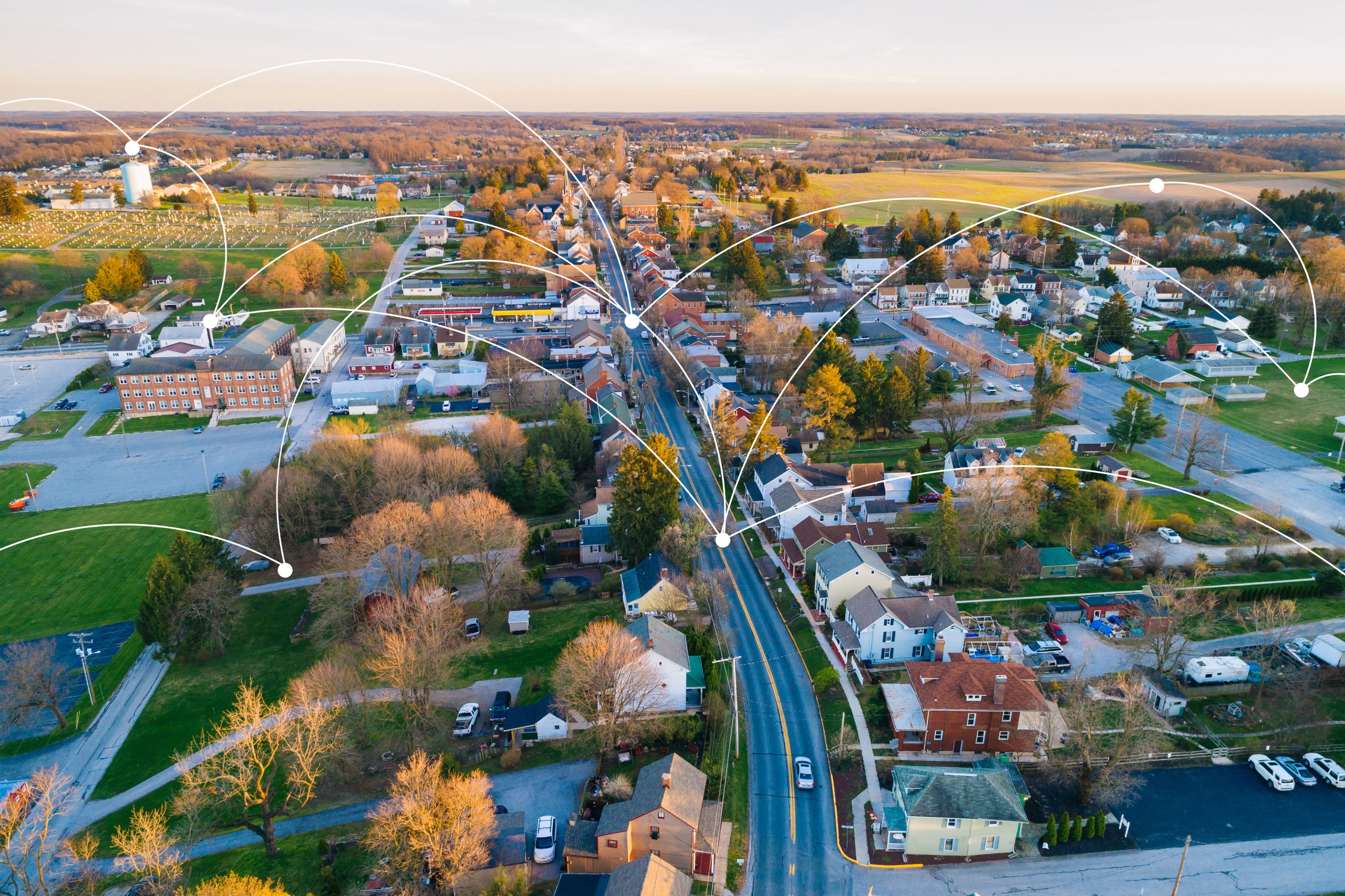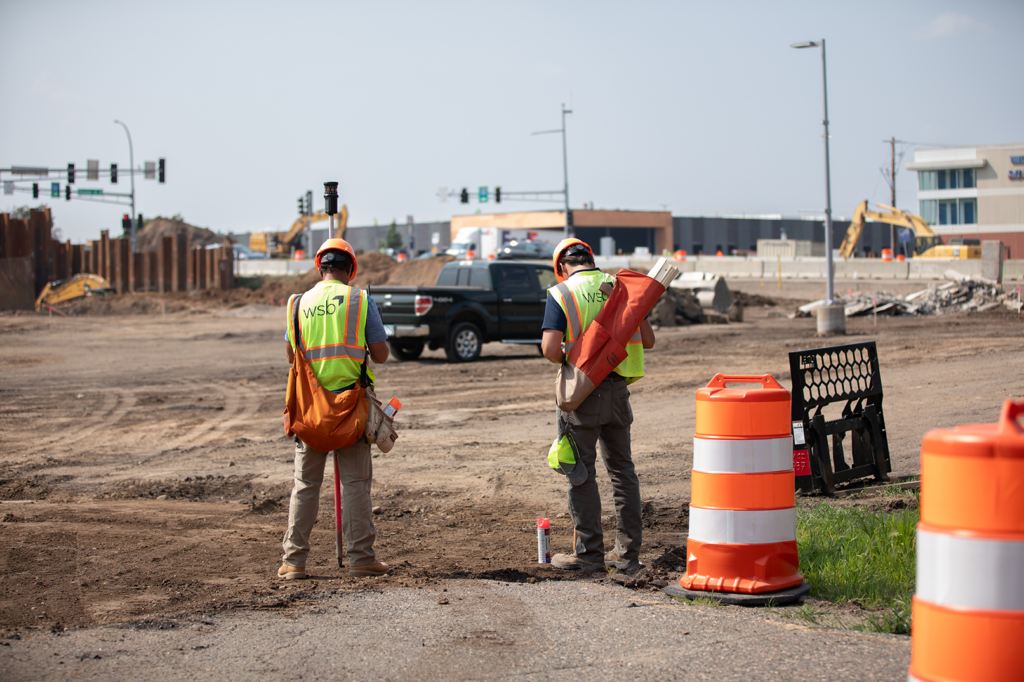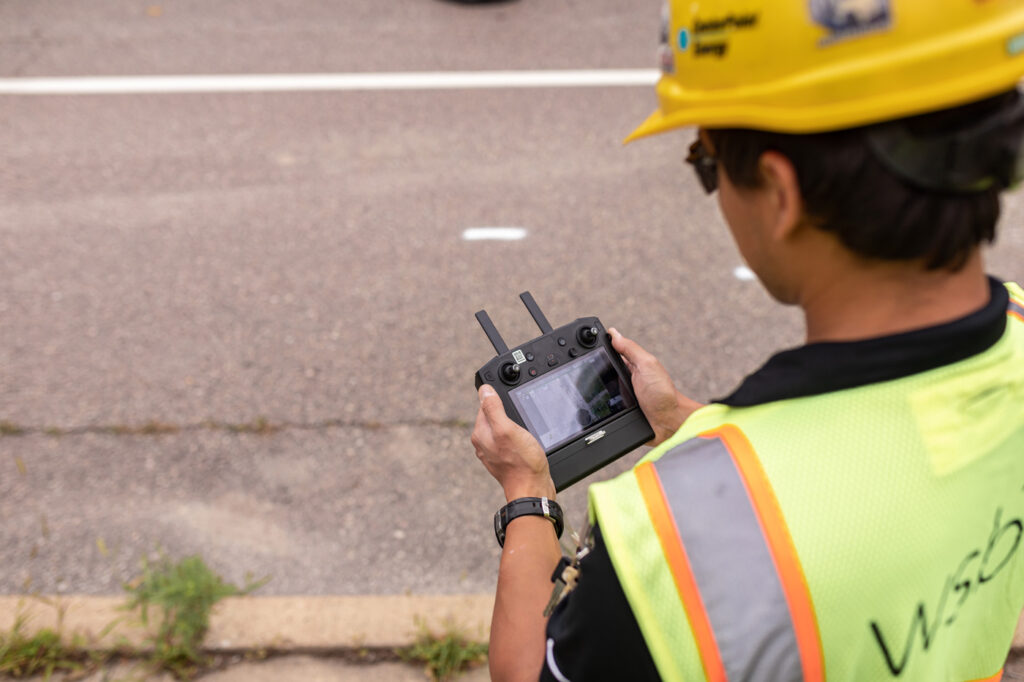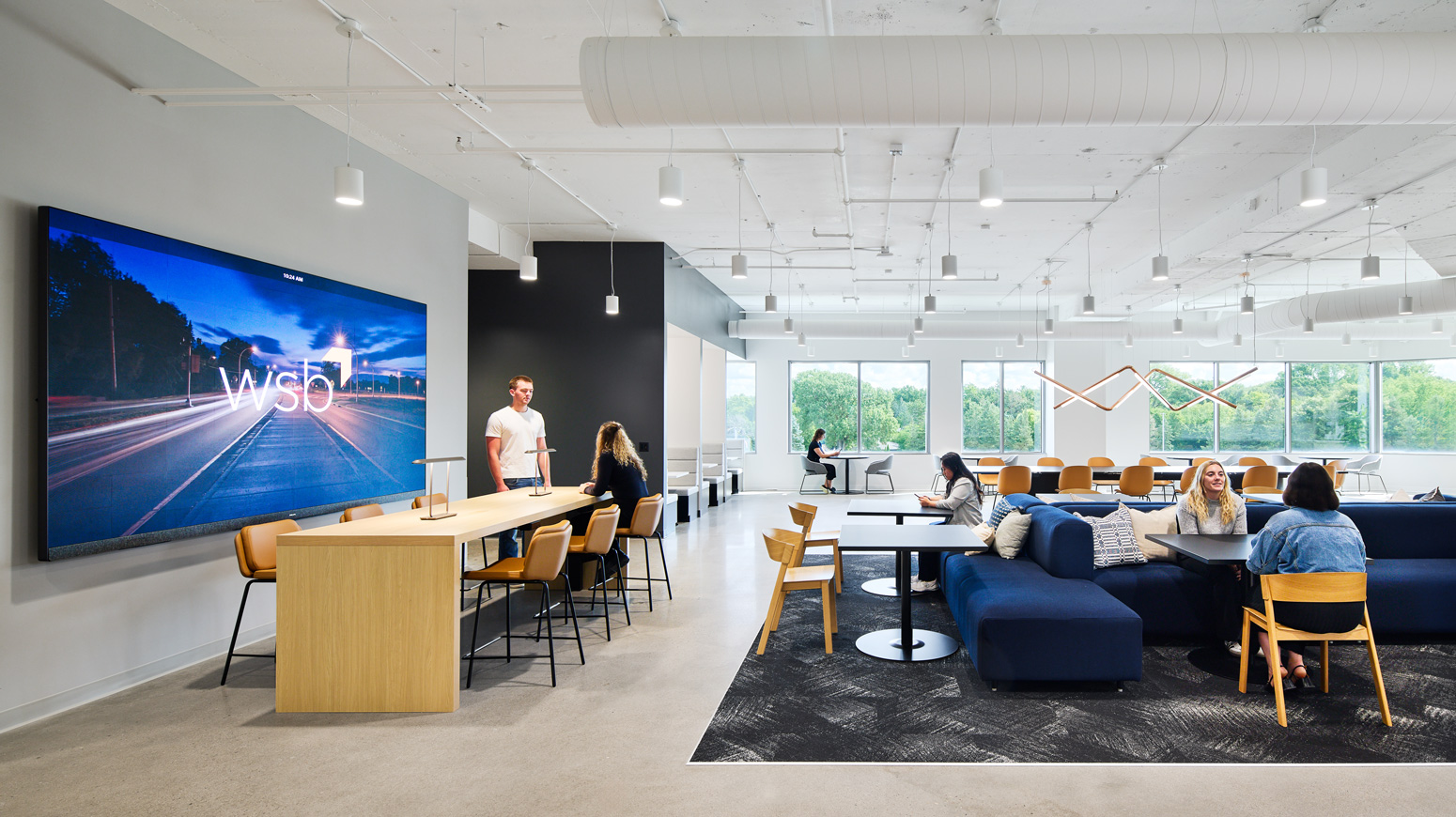March 13, 2023
Lori Johnson, Sr Professional Community Planner, WSB
From phone apps for garage doors and heating systems to new security tools like Ring doorbells, we use technology in our homes to make our lives easier. Now cities are also using technology in housing decisions to make the lives of residents better and improve their communities.
Smart city tools and data are key when cities think about housing, including when it comes to making constructive decisions, building homes, and identifying the greatest needs for community housing.
Here are some ways cities are getting smart about housing.
A Different Approach to Building Permits
Until recently, builders were sending in paper copies of everything they needed to obtain building permits. Architectural plans and site plans were required, and they often came into building departments on large paper rolls. Inspectors and planners were using paper plans to review for code compliance and very often had to move these large plans from office to office. Now, technology is making this process smarter, more accessible, more efficient, and eco-friendly.
There are several tech applications that cities can take advantage of for building permit issuance such as iMS and eTRAKiT. All building permits can be issued online, and everything is submitted and paid for electronically. The automation and productivity of issuing online building permits makes it faster and easier for builders to get started on homes – saving time and money.
Data-Driven Decision Making
With the use of online applications for building permit issuance, it also allows cities to collect information to make data-driven decisions. This means having access to information on home prices, location, types of construction, etc.
Additionally, this data can be mapped to see where there are deficiencies in certain types of housing and resources. From that, communities can identify where there is a need for additional affordable housing, what types of housing are needed in different neighborhoods or regions, and make future investment and resource allocation decisions. Moreover, as affordable housing is a need in most communities, smart tools and data are essential to help resolve critical shortages.
It’s not just city leaders that benefit from smart tools, but residents too. Technology allows homeowners and buyers to easily research addresses for past building permits, so they know what has been done to their home and when. There are also advantages when it comes to shopping for mortgages, allowing consumers to make educated purchase and remodeling decisions.
The Building Process in 3D
Smart technologies are also affecting the way new homes are constructed. Some modular home builders use 3D modeling to generate home plans. Builders can then create modular homes in temperature-controlled environments at a faster pace than regular home construction and with less physical labor. It also helps eliminate barriers like being able to build in snowy, cold climates for instance. This is making home building more affordable and efficient.
For city planners, the use of 3D modeling also comes into play when envisioning new housing types within communities. When planners are able to virtually see what the built environment will look like, they can make better recommendations to the community.
Looking Toward the Future
Integrating smart tools and tech into community building and planning allows cities to make smarter decisions. It can help identify and solve problems, tackle affordable housing shortages, and make processes more efficient and effective for builders and residents alike.
It is important to remember that the term “smart cities” does not always mean that all citizens need to use technology to make their built environments better. But it does mean that it helps decision makers make smart decisions and smarter cities. WSB has many ideas and resources available to help cities be a part of this smart city evolution. If you have questions, we are always here to help you plan for and implement smart city technologies.
Lori has more than 25 years of experience working in a municipal planning department, having worked her way up through the planning department at the City of Blaine to become their city planner. She has worked in all aspects of city planning activities including project management, site plan and application review, public participation and long range planning.
[email protected] | 612.364.3029





